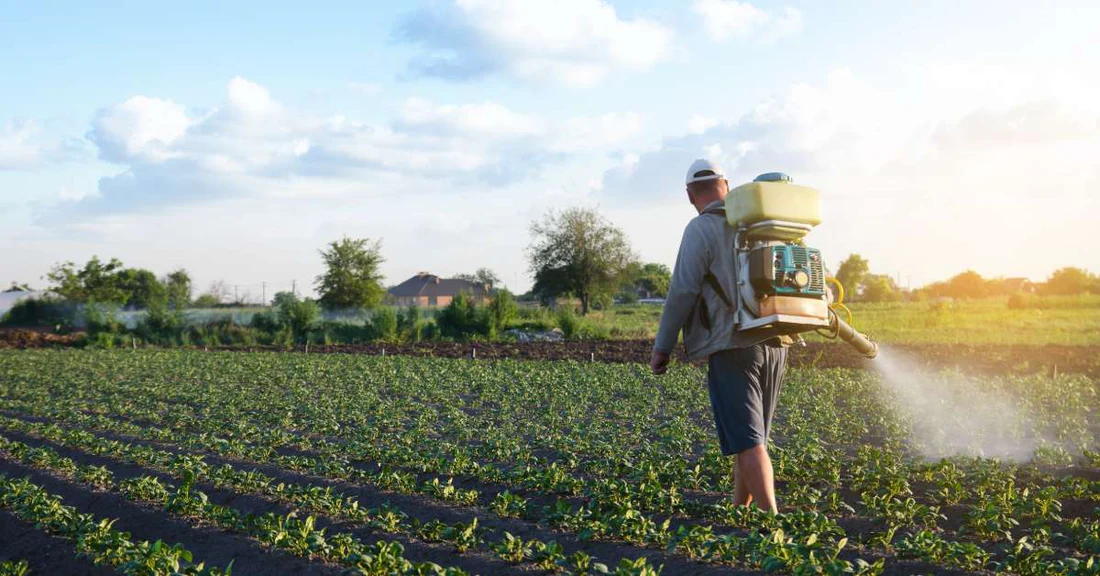Reasons Foggers Are Important for Farmers

Agricultural practices have evolved drastically with technological advancements, and the need for efficient pest control and crop protection methods has never been more critical. Farmers today face numerous challenges, such as climate change, increased pest populations, and the rising demand for higher yields.
Foggers provide a versatile and effective solution, enabling farmers to apply pesticides, fungicides, and other treatments in a controlled and uniform manner. Learning why foggers are important for farmers will ensure that even the densest crop areas receive adequate coverage, enhancing the efficacy of treatments and minimizing waste.
Promote Optimal Humidity Levels
Maintaining appropriate humidity is a critical factor in agriculture, particularly in greenhouses and other controlled environments. Foggers disperse fine droplets of water into the air, creating a mist that elevates humidity levels. This is beneficial for crops that require high moisture. Proper humidity ensures plants don’t suffer from drought stress, promoting healthier growth and higher yields. By providing a consistent and controllable source of moisture, foggers help farmers meet their crops’ specific needs.
Enhance Pest Control
Effective pest management is essential for safeguarding crops and ensuring robust yields. Traditional pest control methods can be harmful to plants and the environment. Foggers offer a more controlled and eco-friendly approach by distributing pesticides in a fine mist. This allows for even coverage without oversaturating the plants. The fine particles effectively target pests while minimizing the risk of damage to the crops and surrounding ecosystem.
Improve Disease Management
Foggers are important for farmers because they help reduce the spread of pathogens. The fine mist produced helps coat plants with protective agents evenly, ensuring that every part of the plant receives treatment. This is important in preventing fungal diseases, which thrive in environments with poor air circulation. By ensuring thorough and uniform application of fungicides, foggers help farmers protect their crops from devastating diseases, ensuring healthier plants and better yields.
Facilitate Nutrient Delivery
In addition to water and pest control agents, foggers can deliver nutrients directly to plants. These machines can enhance foliar feeding, which is the process of applying liquid fertilizer directly to the leaves. The fine mist allows plants to absorb nutrients more efficiently through the stomata, leading to quicker and more effective nutrient uptake.
Support Environmental Sustainability
Foggers contribute to more sustainable farming practices by using water more efficiently and reducing the reliance on chemical inputs. The precision of foggers ensures direct application of water and treatments only where needed, minimizing waste and excess. By enabling the use of lower volumes of pesticides and fertilizers, foggers help reduce the environmental impact of farming. This aligns with the growing emphasis on sustainable agriculture and the need to protect and preserve natural resources.
Foggers are invaluable tools for farmers, offering numerous benefits, from enhancing humidity and pest control to improving nutrient delivery. Ensuring they remain in good working condition through regular maintenance and professional fogger pump repair is essential for maximizing their effectiveness. By incorporating foggers into their agricultural practices, farmers can boost productivity, promote plant health, and contribute to a more sustainable future for farming.











